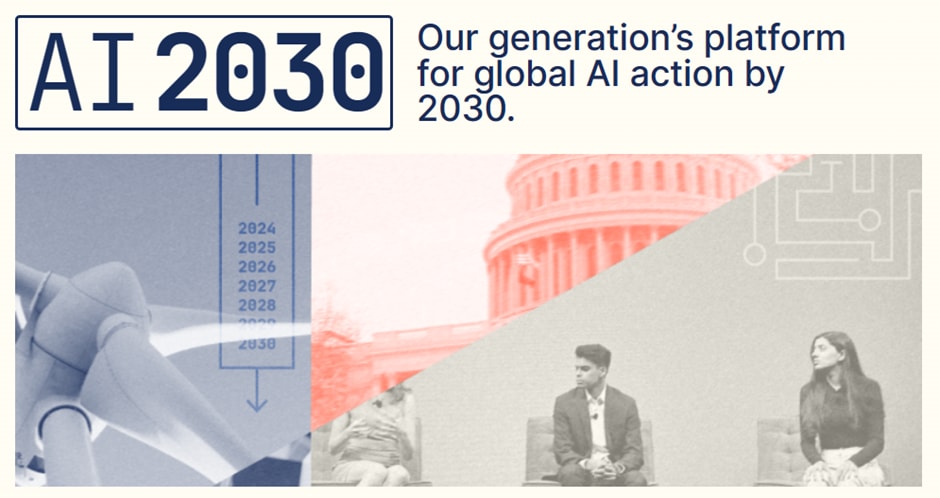Keeping Capital is the Challenge
Capital will likely matter more post-AGI. However, the capital you have been able to raise up to this point and may be able to acquire throughout the maturation of AGI will only retain its value if reliable information remains available. Historically, investing has been grounded in the idea that stashing capital away in some enterprise, and accepting the risk associated, will let you grow your money over time. By accepting that you will not be able to access that capital for a period, and that it could wind up worthless, you will (hopefully) be left with more than you started with. This idea has enjoyed immense success for centuries across Europe, North America, and other regions with a developed financial system. Famously the past few decades have given extremely positive outcomes to just about anybody who engages sensibly and invests long-term. The practice of patiently enduring risk in hopes of a payout has become a core feature of many people’s lives, and is the way in which they (somewhat dubiously) expect to keep themselves afloat in their old age. The slow upwards march of equity prices is one of the most robust observations in finance. The general public’s ability to capitalise on this by investing has traditionally been maintained by three fundamental features of public markets. > 1 - The value of capital tends to rise: If you make an investment in a business, its value will probably drift upwards with time. > > 2 - You will have sufficient information to make good decisions: Knowing what to buy and when to buy it, as well as when to sell, is necessary to capture the increase in value. > > 3 - Your stake will be easy to defend: If someone steals your shares, denies you voting rights, transfers the assets of a company under their own name etc. the law will step in and stop them. Better yet - if you are investing in a sufficiently large company, an immense financial institution will even come and do this for you! And so, we spend much of our lives sell

This seems very difficult to predict to me. Whether assets recorded on paper or digitally retain any meaning post-TAI depends on how well information can be shared, whether the courts continue to function as they did before TAI's development, and whether power centralises enough for widespread theft to be sustained.
My intuition is that the value of such assets will spike as AI capabilities increase pre-AGI. The labour impacts will push more people afraid of being made unemployed to invest in capital driving up asset prices. Accelerated R&D from AI will presumably result in the discovery of more economically efficient uses of existing resources, driving up the prices of land, minerals, electricity etc.... (read more)